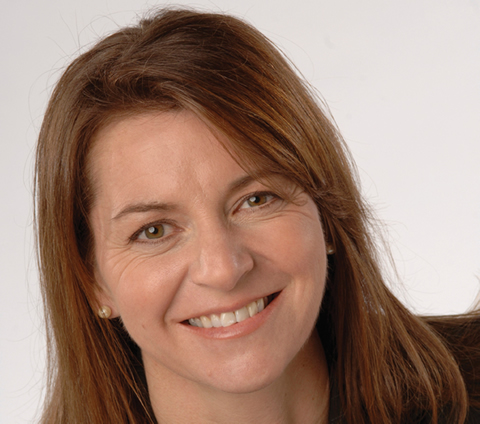Women represent only about 21 per cent of elected politicians in Canada, but 52 per cent of the population. We represent more than half of the people affected by legislation passed by our politicians, but we’re not nearly half of the group making the decisions.
This is a problem. We need to be at the table when policies that affect us and our society are developed, prioritized, debated and implemented. I’m not one who believes we need more women there because we are somehow “better” at the conduct of politics, or because we’re somehow more co-operative or consensus-driven than men. I’m not even sure that’s true. Women need to be equally represented, quite simply, because we’re equally affected – and by being there, we’ll get decisions that better reflect the needs of all of society, not just half. It’s frustratingly like the classic 1950s scenario, with the husband making all of the financial and other significant decisions for not only himself but also his wife and family. Most of us would no longer accept that in our personal lives – why should we accept it for our country?
And the need for more women is not because of so-called “women’s issues,” a term I have trouble with. My background is international relations, international law and business – my primary political interests are economics and finance, foreign affairs and trade. Yes, I also have three great kids. And, yes, I am interested (and from experience, pretty well versed) in child care and early learning. And, yes, women bear most of the burden for it. But child care (as only one example) is not just a women’s issue. It affects families, society, job participation and, ultimately, the country’s overall economic environment and success. We all have a vested interest in it. I worry, in fact, that using the label “women’s issues” serves to marginalize some of the very issues that need to be better addressed.
But we still have the basic concern: How do we get to a place where women are equally represented among decision-makers? The more women run, the more women will get elected. We need to get more women interested, engaged and, ultimately, keen to run for public office.
There a number of challenges and barriers: money, the media, the style of politics, whether women are more uneasy about public exposure. A big issue, though, is that politics is simply not a nine-to-five job. It’s daytime, nighttime and weekends. Federal politics requires living in two places. And in our society, women still bear the largest share of the responsibility for children and aging parents, family and social activities, and household chores. Until such time as men bear equal responsibility for those things, it’s hard to get an equal number of women willing and able to leave home for weeks at a time. And it’s not just time and availability. The pressure put on women from society, family and friends – and themselves – is very strong, particularly where there are kids. The level of expectation – and guilt – is very different from that faced, generally, by men.
I’d be thrilled if I had a solution to that larger societal inequality, but, absent that, what do we do? In my case, I simply didn’t take the plunge until I was 45, with other responsibilities behind me.
To the older women out there – those of you, like me, who have already managed responsibilities such as kids and other careers, and who are now in a position (family-wise, time-wise, financially) to contribute through public office: we need you.
To those women out there who have young children, or other obligations, but without the necessary family or other support needed to juggle those life responsibilities: we want you there, and involved, but perhaps actually running for office can wait. There are other ways to be involved in politics in the mean-time, and we, your communities and your country need you.
Martha Hall Findlay (BA 1983 VIC) is Liberal MP for Willowdale, Ontario, and is Official Opposition Critic for Public Works and Government Services. She ran for the leadership of the Liberal Party of Canada in 2006. She encourages any woman interested in getting involved in politics to write to her at HallFindlay.M@parl.gc.ca.
Recent Posts
U of T’s Feminist Sports Club Is Here to Bend the Rules
The group invites non-athletes to try their hand at games like dodgeball and basketball in a fun – and distinctly supportive – atmosphere
From Mental Health Studies to Michelin Guide
U of T Scarborough alum Ambica Jain’s unexpected path to restaurant success
A Blueprint for Global Prosperity
Researchers across U of T are banding together to help the United Nations meet its 17 sustainable development goals






One Response to “ Where Are the Women? ”
I wondered whether political parties would encourage mature women, those in their late 50s or in their 60s to run. Emphasis seems to be on youth, yet older women have a lifetime of experience and education in the workplace and in the home. Political offices seem to be filled with many older men, and no one questions whether they still can handle the position. There is a wealth of knowledge among older women that is being overlooked.